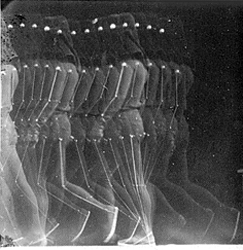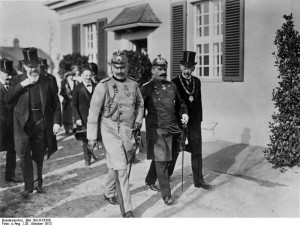Victim Mentality
I don’t have anything useful to add to the outrage generally felt (in the nearer nodes of my social network anyway) about the string of recent deaths of black men at the hands of white police officers. I think Jon Stewart absolutely nailed it when he threw Fox News’s accusation back at them: the “victim mentality” is a fixture of conservative politics. Not only conservative politics, of course: playing the victim is a perpetual strategy used to turn the tables or motivate violence, and it’s particularly dangerous when the self-styled victim is in fact the more powerful party in an interaction. But do we have a good language for describing the parts of this role-play? It seems to me that the advantages of self-victimization depend on there being an audience, a third party deemed to hold the power of legitimation. (In the most frequent dramas of victimization and retaliation which it is my privilege to witness, the “third party” is the parents to whom small children appeal for recognition or swift justice: “He pulled my hair first!”) And that third party, ladies and gentlemen, is us: Public Opinion. We can’t do much directly, as drops in the sea of Public Opinion, but we can try to push the drops around us and form a current, so to speak, that would flow away from the themes and obsessions that make it seem OK for a white man with a gun to kill a black man on the slenderest pretext of feeling “threatened.” We are the grander grand jury, but thus far a disorganized and slow-moving one.







